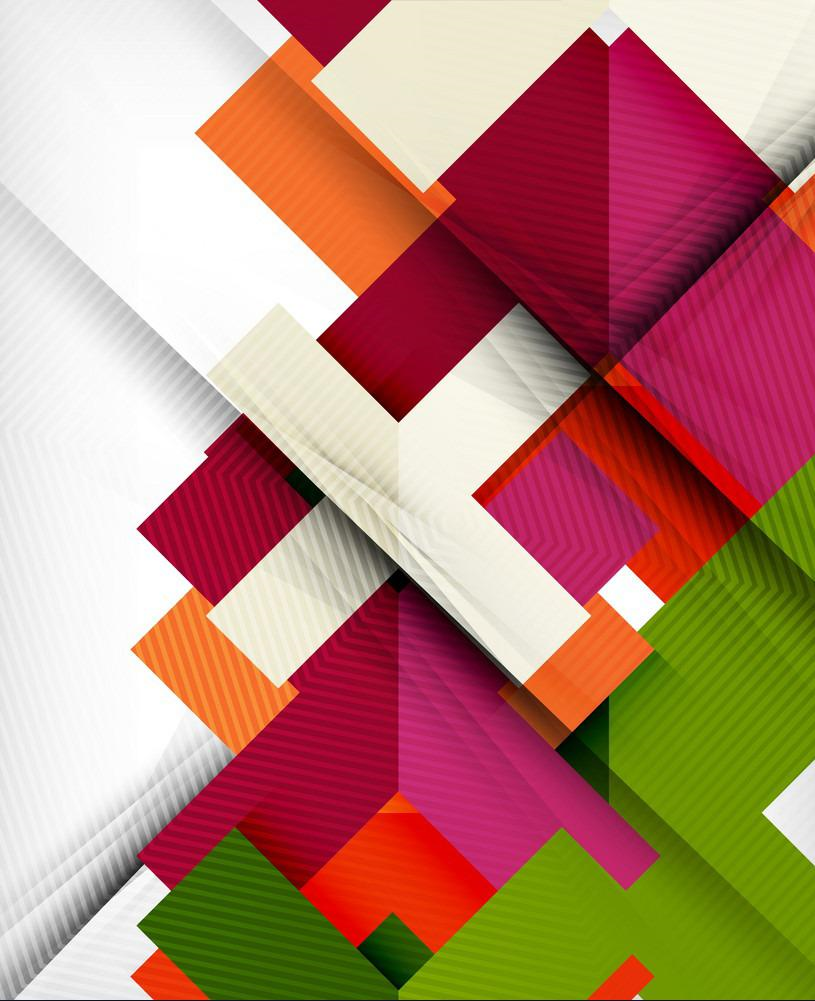
Journal of Turkish Science Education
Yazarlar: Nur Fitriyana, Antuni Wiyarsi, Kristian Handoyo Sugiyarto, Jaslin Ikhsan
Konular:-
DOI:
Anahtar Kelimeler:Achievement,Android,Ased,Ame,Hybrid learning,Self,Fficacy,Self,Egulated learning,Video conference
Özet: Learning system in the 21st century concerned with the use of technology in their activities. This study was aimed to analyze the differences between students’ self-efficacy, self-regulated learning, and achievement in hydrocarbon hybrid learning mediated by video conference and android-based-game. A quasi-experiment with the post-test only design was set in this research. A total of 72 out of 149 Grade 11 students were cluster randomly selected from a public senior high school in Purworejo Regency, Indonesia. The samples were classified into three classes depending upon the media used in the teaching-learning, they are Class E using hybrid learning mediated by video conference and android-based-game, Class CG-1 using hybrid learning mediated by video conference only, and Class CG-2 using face-to-face learning mediated by android-based-game only. The data of self-efficacy and self-regulated learning were collected through questionnaire while the students’ achievement was collected through a set of hydrocarbon test. MANOVA technique was used to analyze the differences of the data in these instructional models. The findings revealed that the students’ self-efficacy, self-regulated learning, and achievement were significantly different among the three classes. Thus, the use of these medias were strongly suggested in chemistry learning in order to promote students’ self-efficacy, self-regulated learning, and achievement.